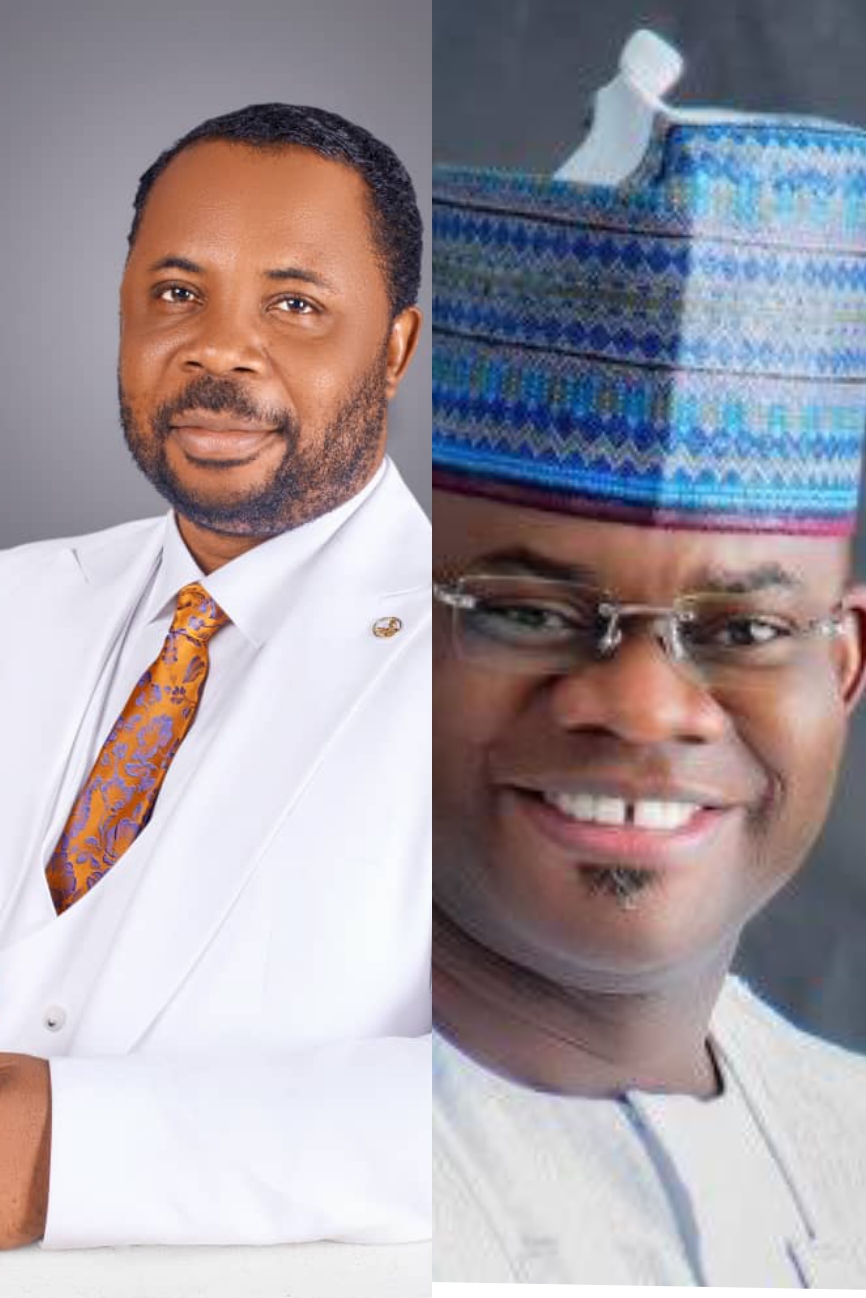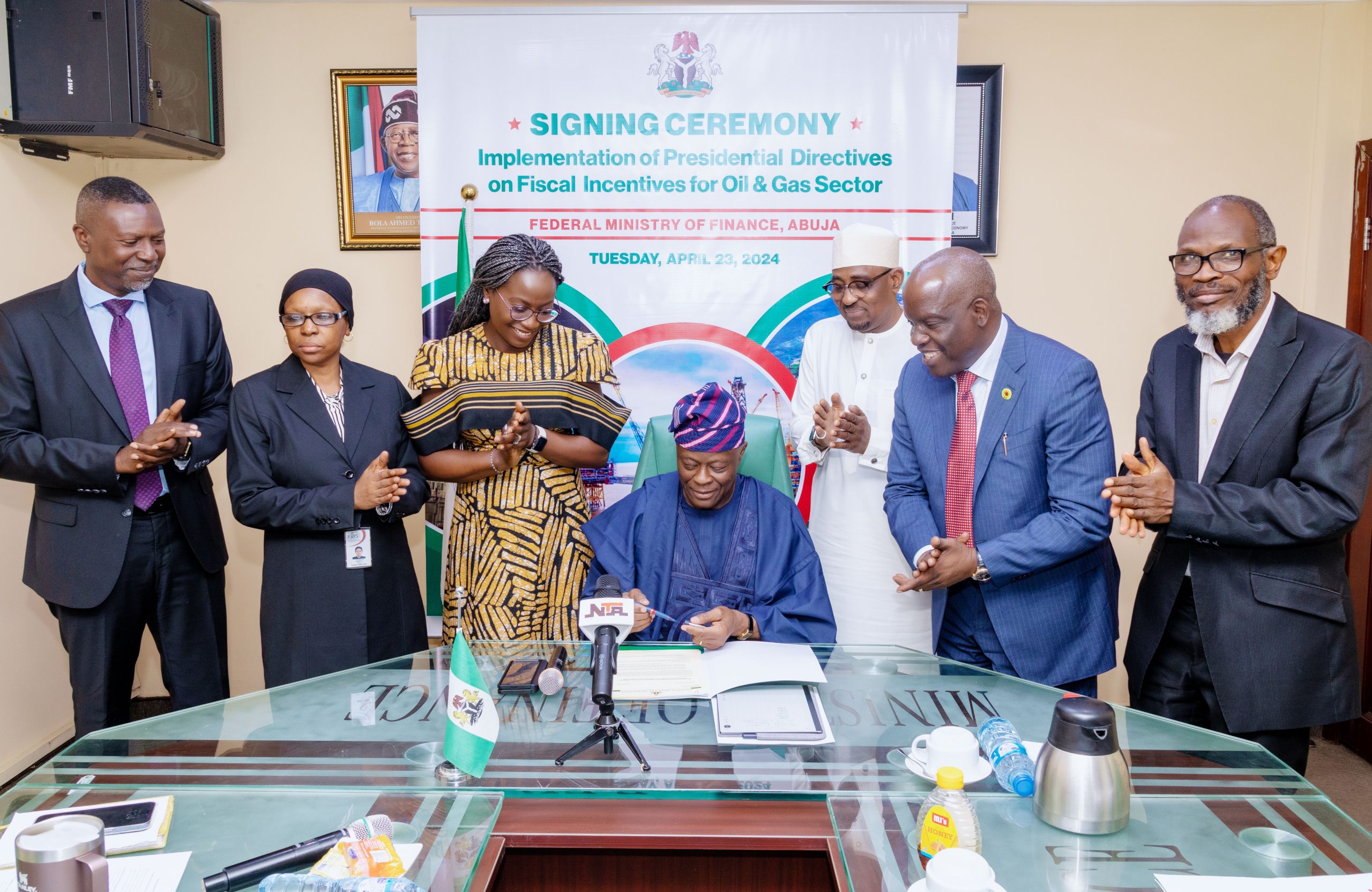
The crisis rocking the All Progressives Congress (APC) over the method to be adopted in the election of its candidates for the 2019 general elections is assuming a frightening dimension as more state chapters of the party continue to dare the party’s leadership by opting for indirect primaries rather than direct primaries as directed by the National Working Committee (NWC).
Sources told this newspaper that the governors elected on the platform of the ruling party are leading rebellion against the Adams Oshiomhole-led NWC. APC presently has 21 governors. No fewer than 14 of the governors have adopted indirect primaries in the selection of candidates for the 2019 general elections.
The National Executive Committee (NEC) of the ruling party had, on August 30, adopted the direct primary method for the selection of its presidential candidate, while states were empowered to choose which of the methods best suits their peculiarities. But the NWC, in a counter directive, ordered that all primaries must be by the direct method. So far, 19 state chapters of the party have rebuffed the directive of the Adams Oshiomhole-led APC NWC.
They include Imo, Sokoto, Plateau, Yobe, Ekiti, Kogi, Enugu, Kaduna, Zamfara, Katsina, Ondo, Oyo, Adamawa, Borno, Katsina, Nasarawa, Kebbi, Delta and Bauchi. The Federal Capital Territory (FCT) also adopted indirect primary. Some of the states, which adopted indirect primaries, also agreed on consensus arrangement. Eleven states opted for the direct primary option as directed by the party leadership.
They are Lagos, Ogun, Osun, Kano, Abia, Niger, Rivers, Akwa Ibom, Bayelsa, Benue and Cross River. Six state chapters are yet to decide on which option to adopt.
They are Anambra, Edo, Taraba, Jigawa, Gombe and Kwara. But major stakeholders have kicked against the adoption of indirect primaries in Yobe, Katsina, Zamfara, Kaduna, Ondo, Adamawa, and Borno. In Imo, the state chapter of the party arrived at the option of indirect primaries at 6th State Executive Committee (SEC) meeting held in Owerri, the state capital, on Thursday.
It is the same story in Sokoto, where APC leaders also adopted the indirect primary election and consensus as the process to select candidates for all positions in the state after a stakeholders’ meeting. In Yobe, the state APC adopted both indirect primaries and consensus to choose its candidates for the election.
This was arrived at a stakeholders’ meeting held in Damaturu, under the chairmanship of the deputy governor of the state, Engr. Abubakar Aliyu. The meeting drew participants from across the 17 local government areas of the state. Also adopting the indirect primaries, the Plateau State chapter of the party cited security challenges in the state.
The decision was taken at a meeting of the state working committee of the party, stakeholders, elders, lawmakers and local government chairmen chaired by the state APC chairman, Hon. Letep Dabang and attended by the deputy governor, Prof. Sonny Tyoden, who represented Governor Simon Lalong.
Ekiti APC Chairman, Chief Jide Awe, who confirmed that the party in the state has opted for indirect primaries, said: “For the last, governorship election in the state, APC operated indirect primaries and it still subsists.” In Kogi, the party’s stakeholders also adopted indirect primaries during a stakeholders’ meeting chaired by Governor Yahaya Bello.
The stakeholders, in rejecting the direct primary method approved by the party’s NWC, said it would be too expensive. They also cited lack of record of party membership. Another state chapter of the APC, which opted for indirect primaries and consensus, is Enugu.
The decision was reached during the state executive committee meeting of the party. The state Publicity Secretary of the party, Mrs. Kate Offor, explained that consensus would be used where there is agreement among aspirants, while indirect primaries would be used where there is serious contention.
Also opting for indirect primaries, the Kaduna State chapter of the party cited lack of a comprehensive register of party members. The Zamfara APC chairman, who also justified adoption of indirect primaries by party stakeholders in the state, said the decision was not a deviation, but in line with the directive of national headquarters of the party.
But, a faction of the party in the state, led by senator representing Zamfara Central, Kabiru Marafa, rejected the decision. The factional APC state chairman, Surajo Maikatako,who spoke with journalists, said since the government’s side of the party’s leadership decided to adopt indirect primaries, they would as well conduct direct primary to select their governorship candidate as well as for other positions.
Also citing lack of comprehensive register and security issues for adopting indirect primaries, the Borno State APC chairman, Hon. Ali Dalori, said: “We are adopting the indirect primaries because as I am speaking to you, we don’t have authentic register of members of the party in the state or national secretariats and because of insecurity facing the state.”
However, a faction of the party, led by former Governor Ali Modu Sheriff, rejected the decision of the party stakeholders, saying it was unconstitutional and a breach of the party’s constitution.
The Adamawa leadership of the party and stakeholders also cited security issues as reason for adopting indirect primaries to candidates for the election in the state.
The state chairman of the party, Ibrahim Bilal, who spoke with our correspondent, particularly listed Madagalli, Michika, Mubi North and Mubi South councils as areas affected. Similarly, the leadership of Ondo State APC cited security and lack of authentic membership register as reasons for adopting indirect primaries to pick the party’s candidates in the state.





 Business6 months ago
Business6 months ago
 celebrity radar - gossips4 months ago
celebrity radar - gossips4 months ago
 celebrity radar - gossips4 months ago
celebrity radar - gossips4 months ago
 Business3 months ago
Business3 months ago









You must be logged in to post a comment Login